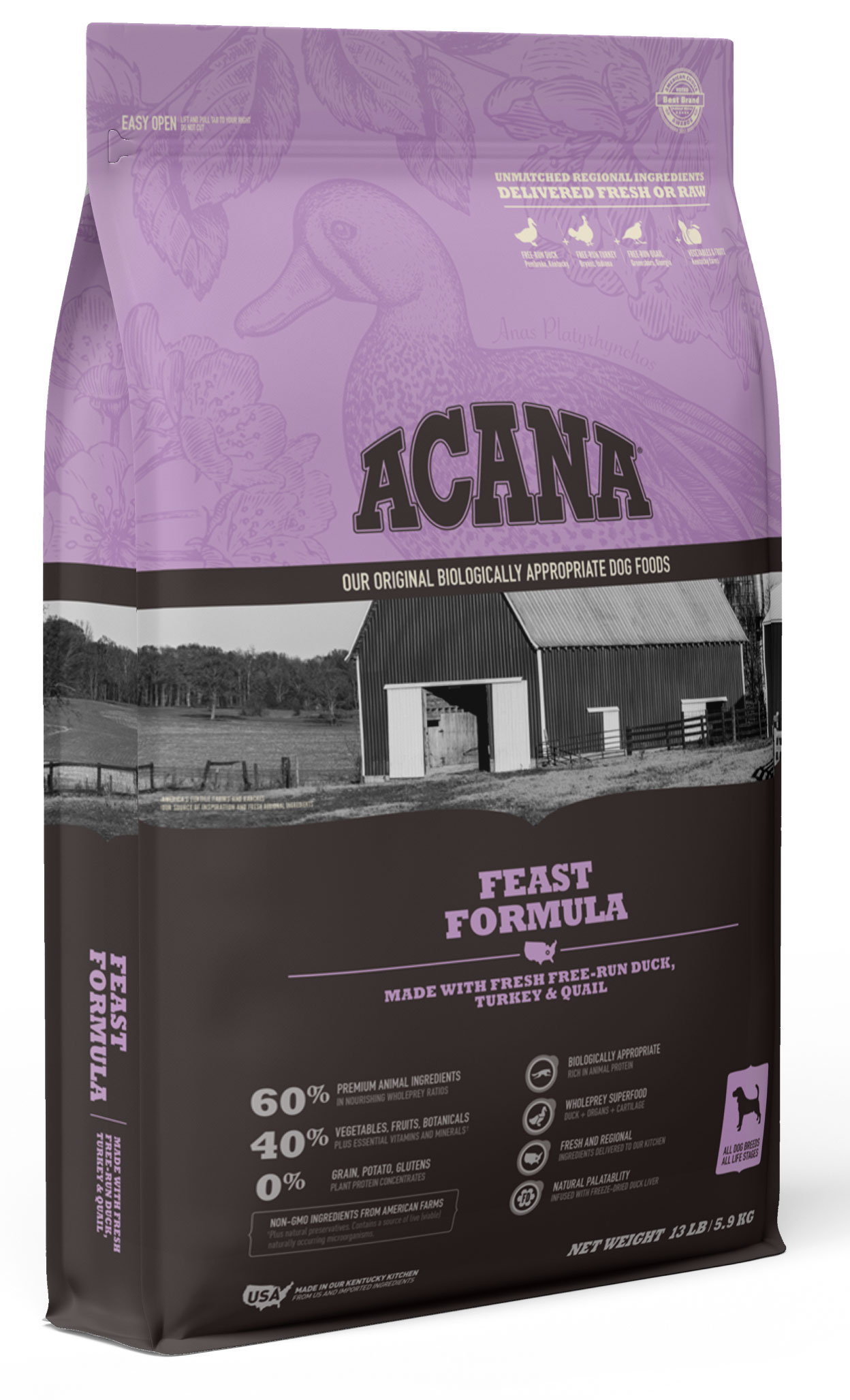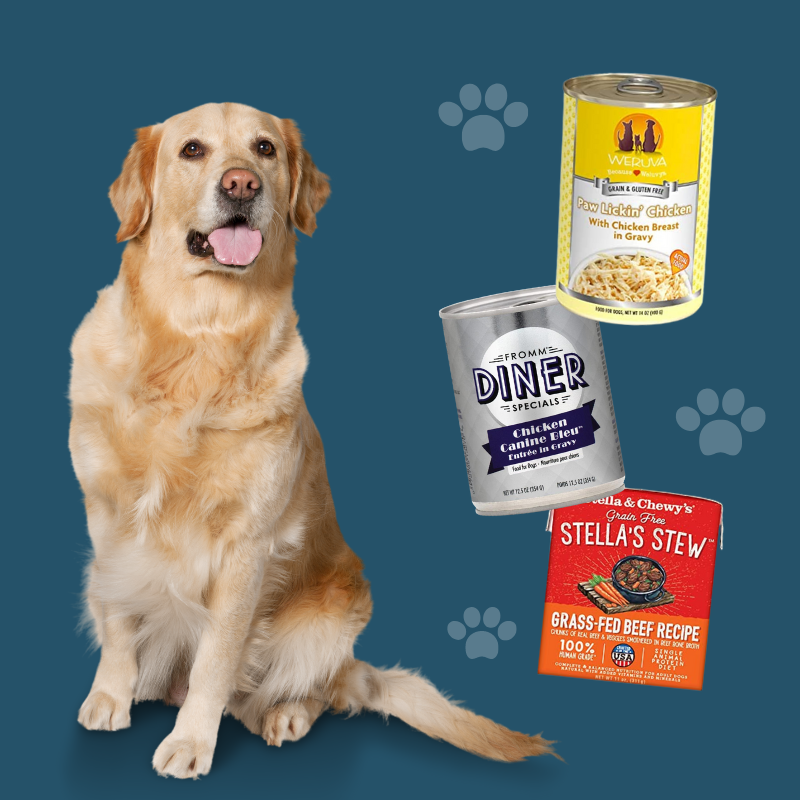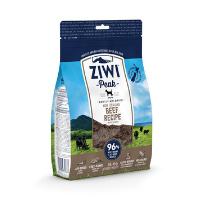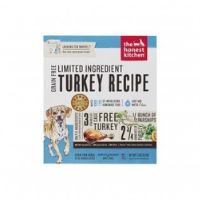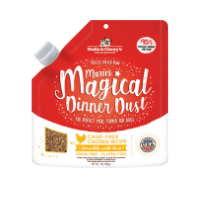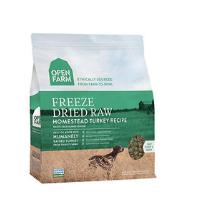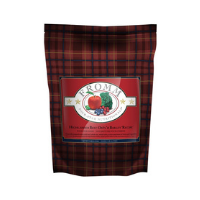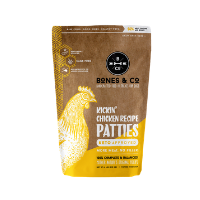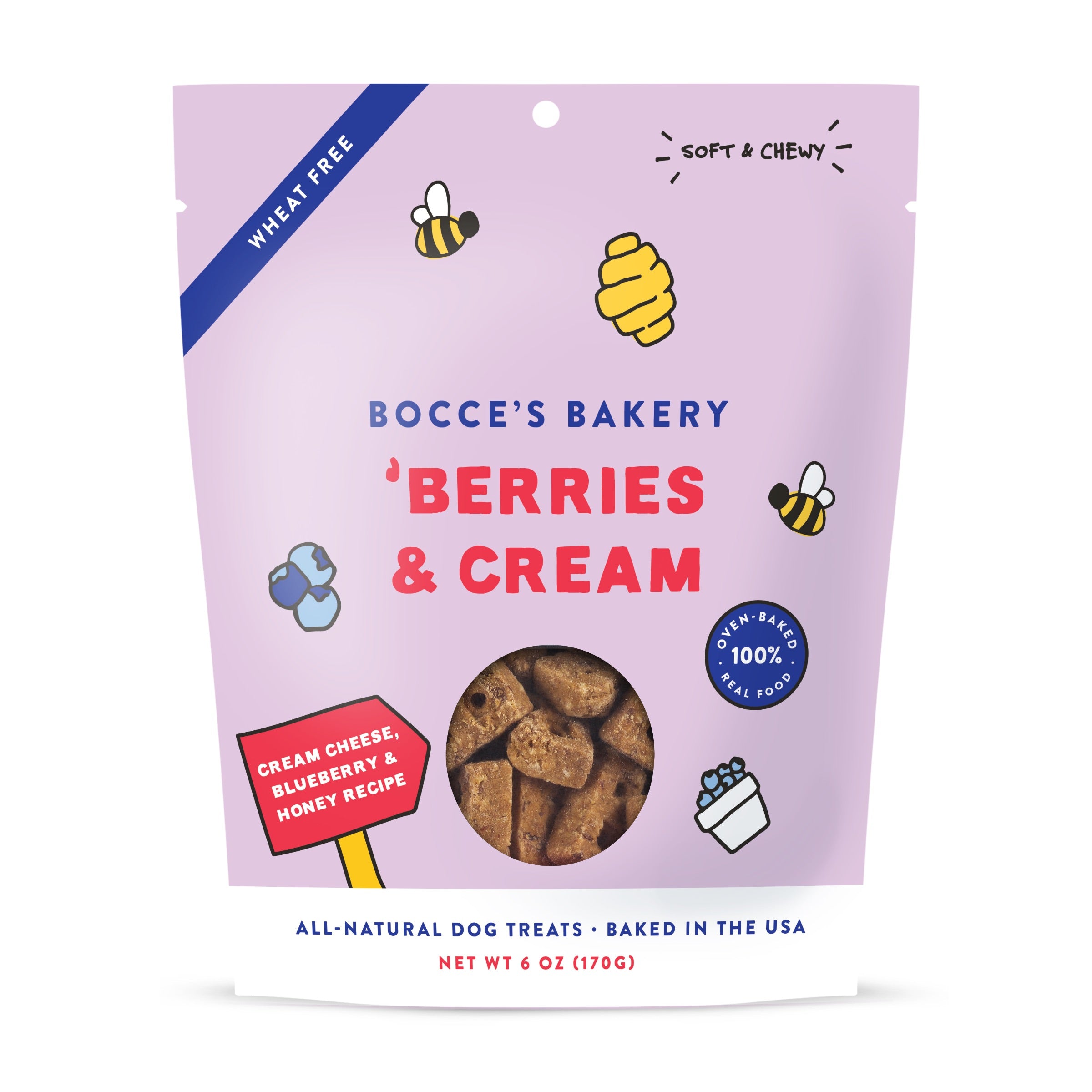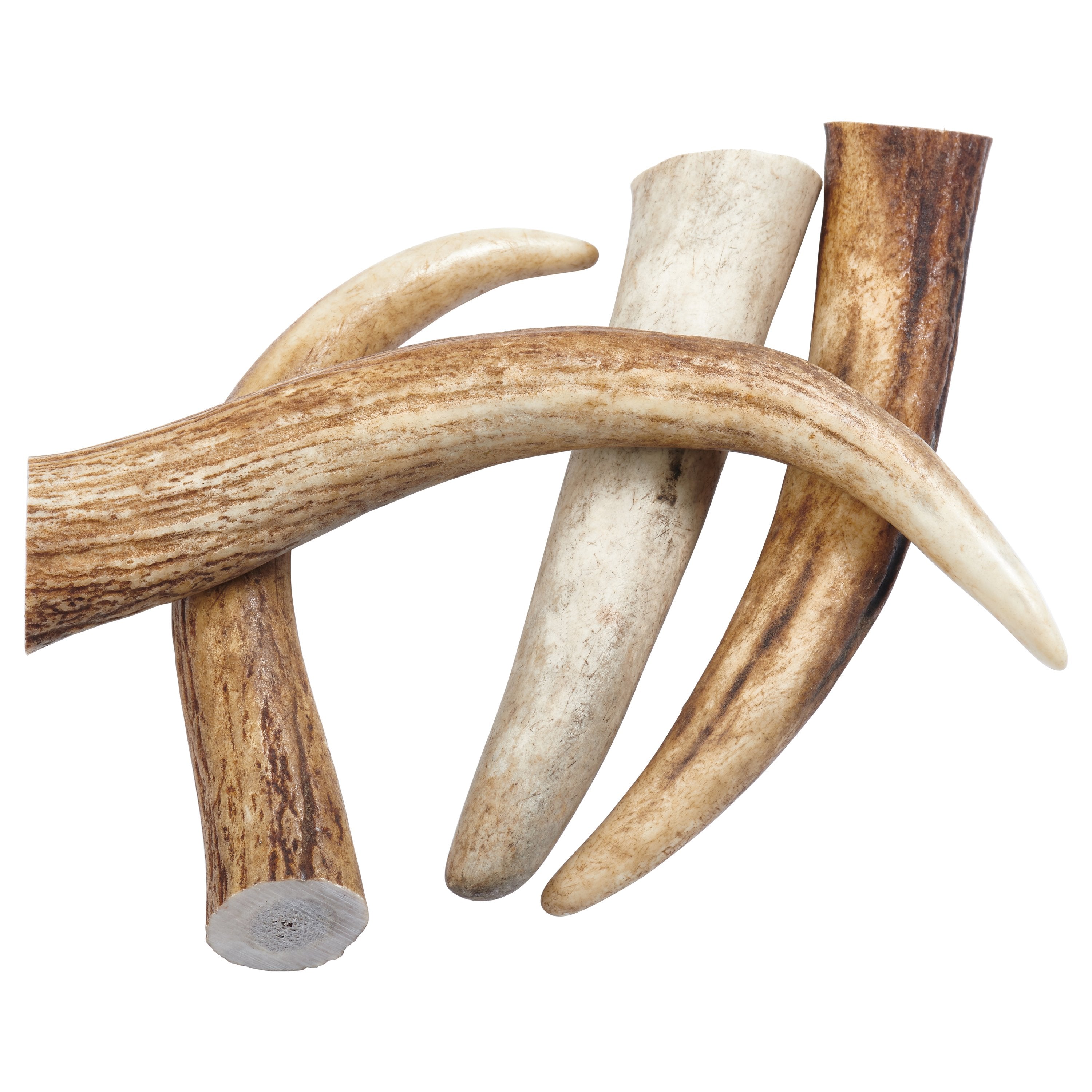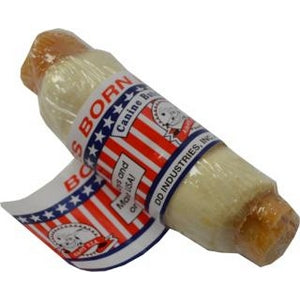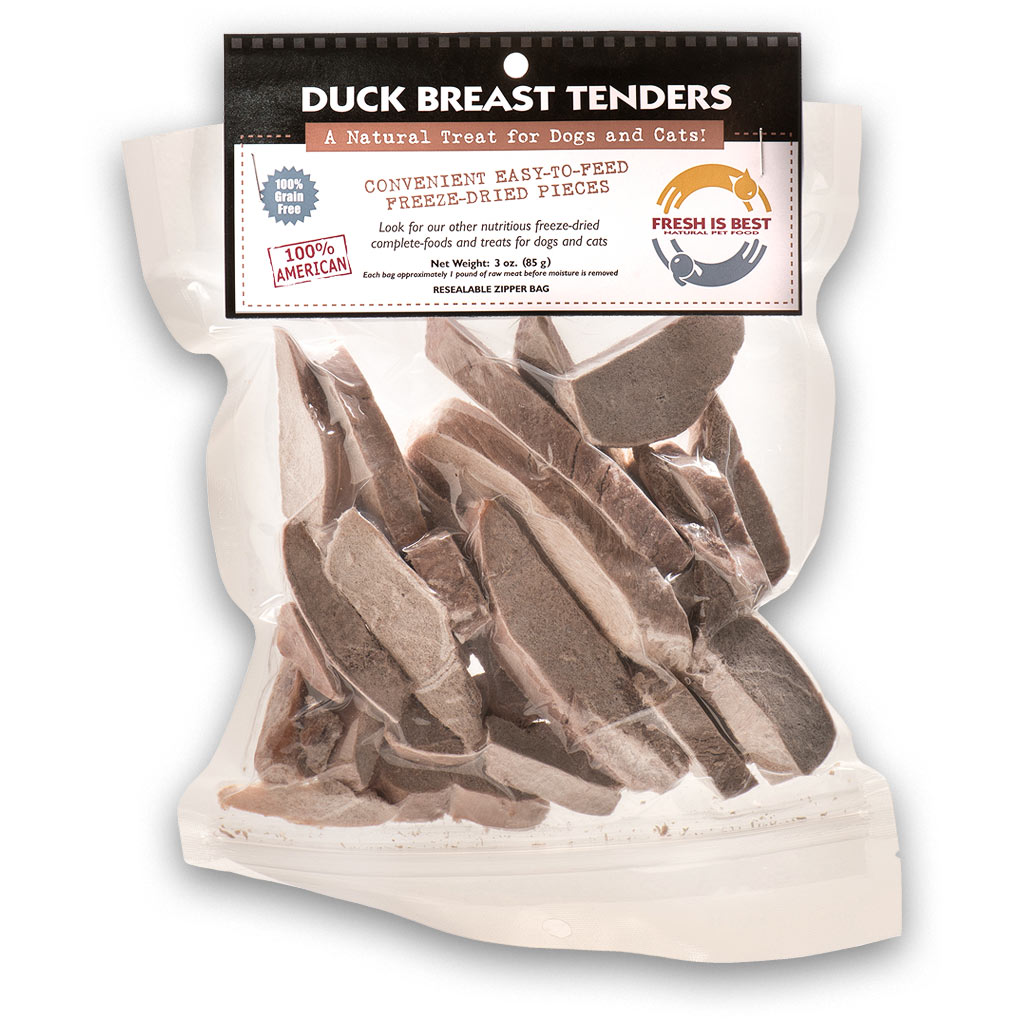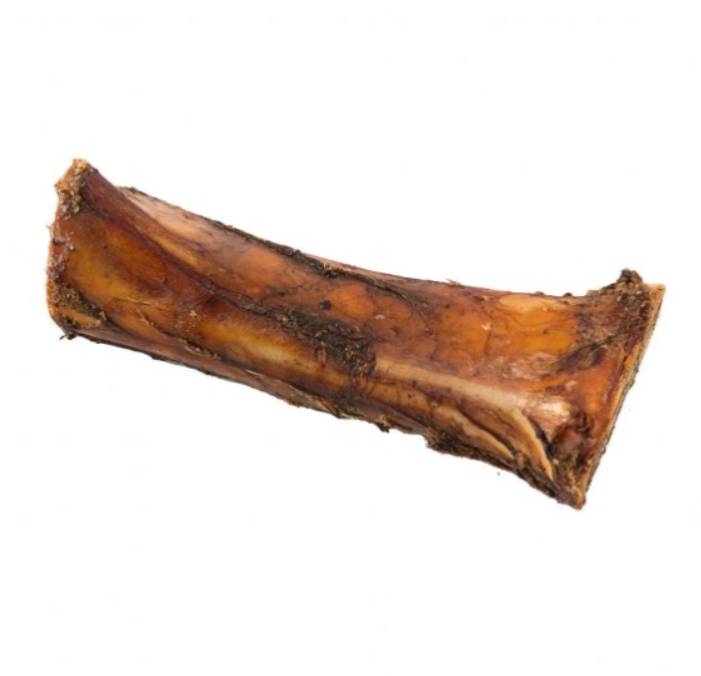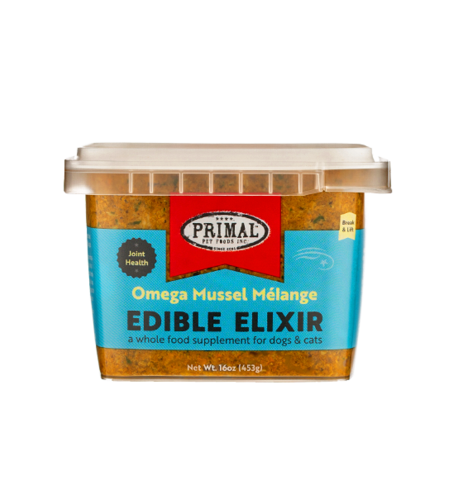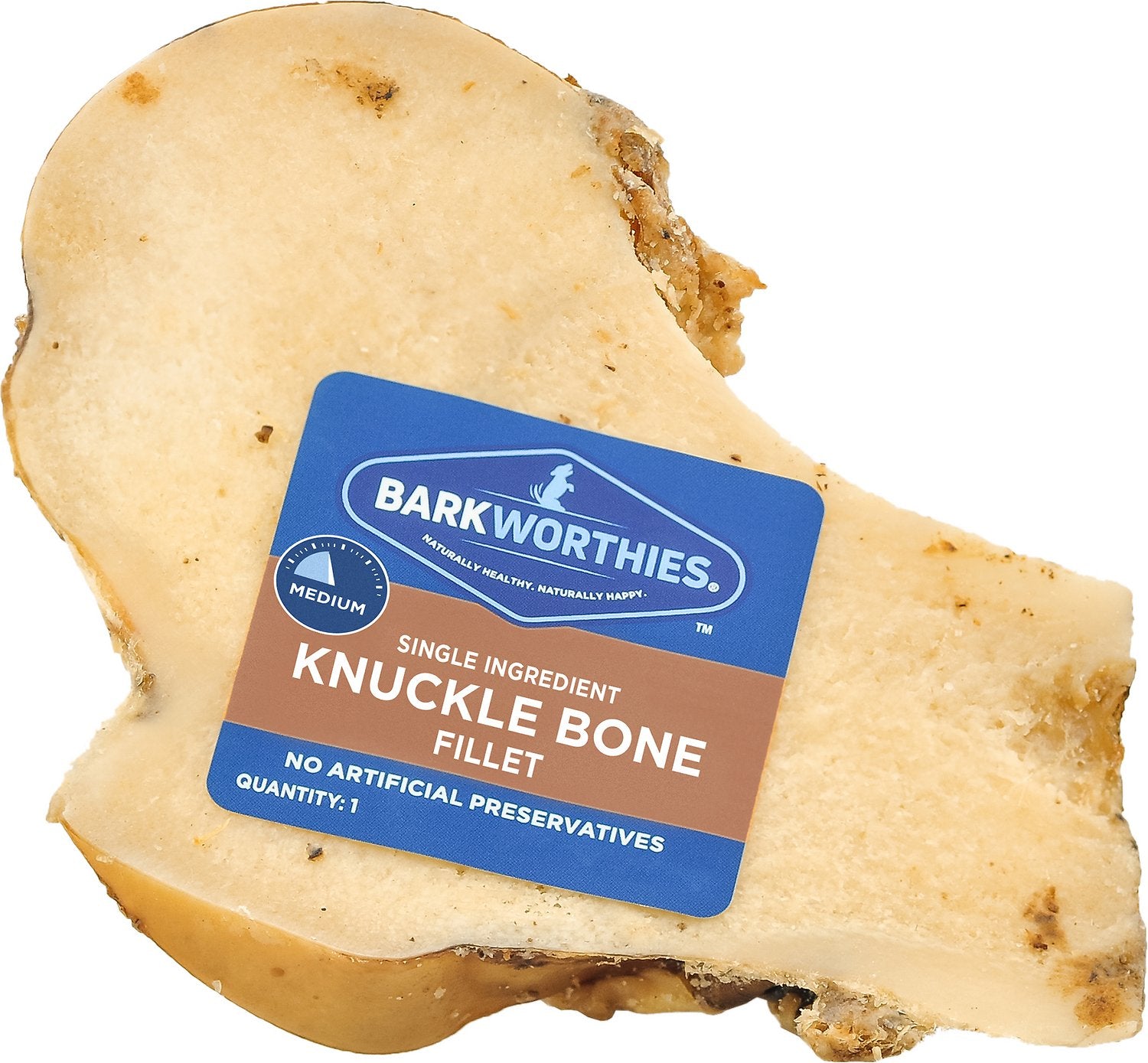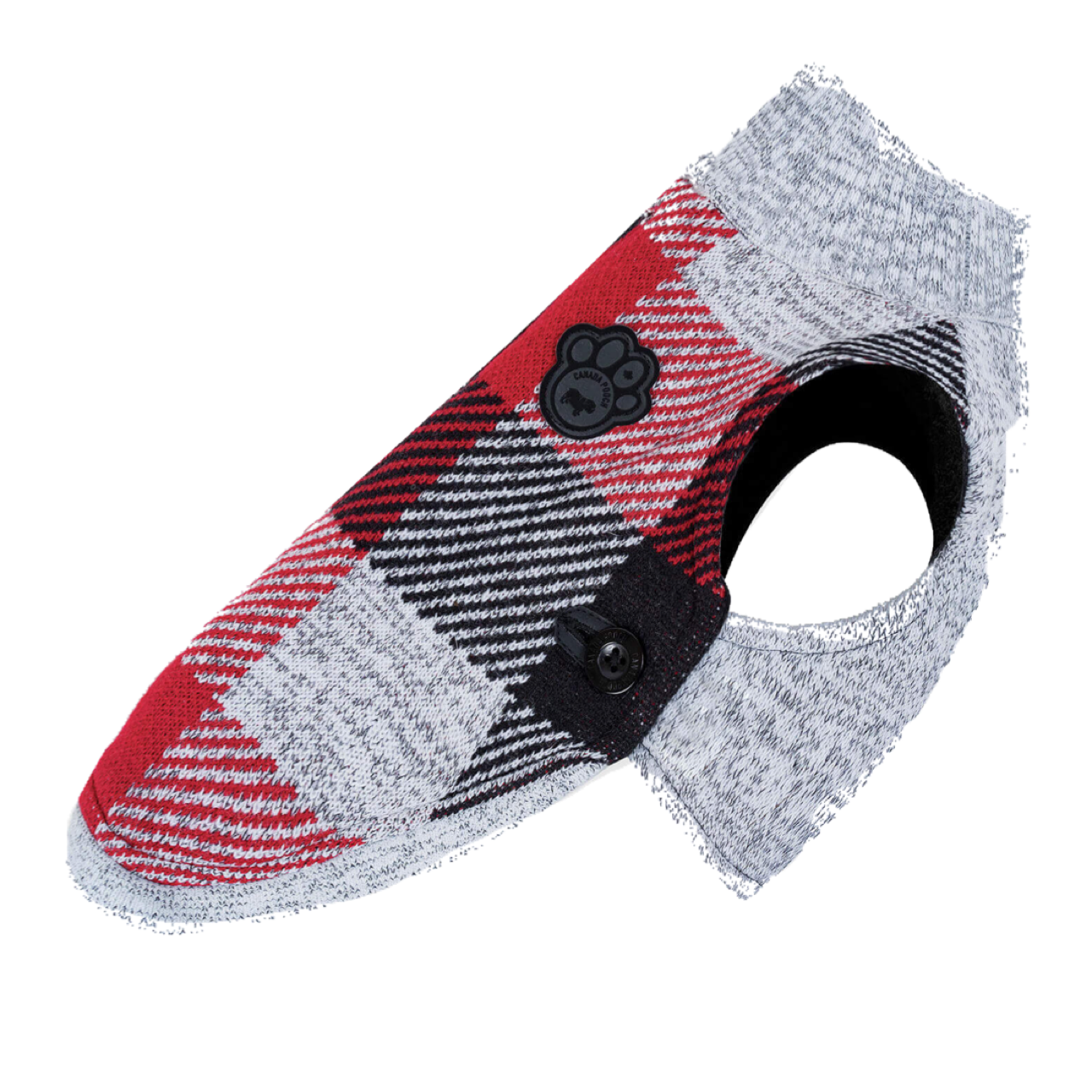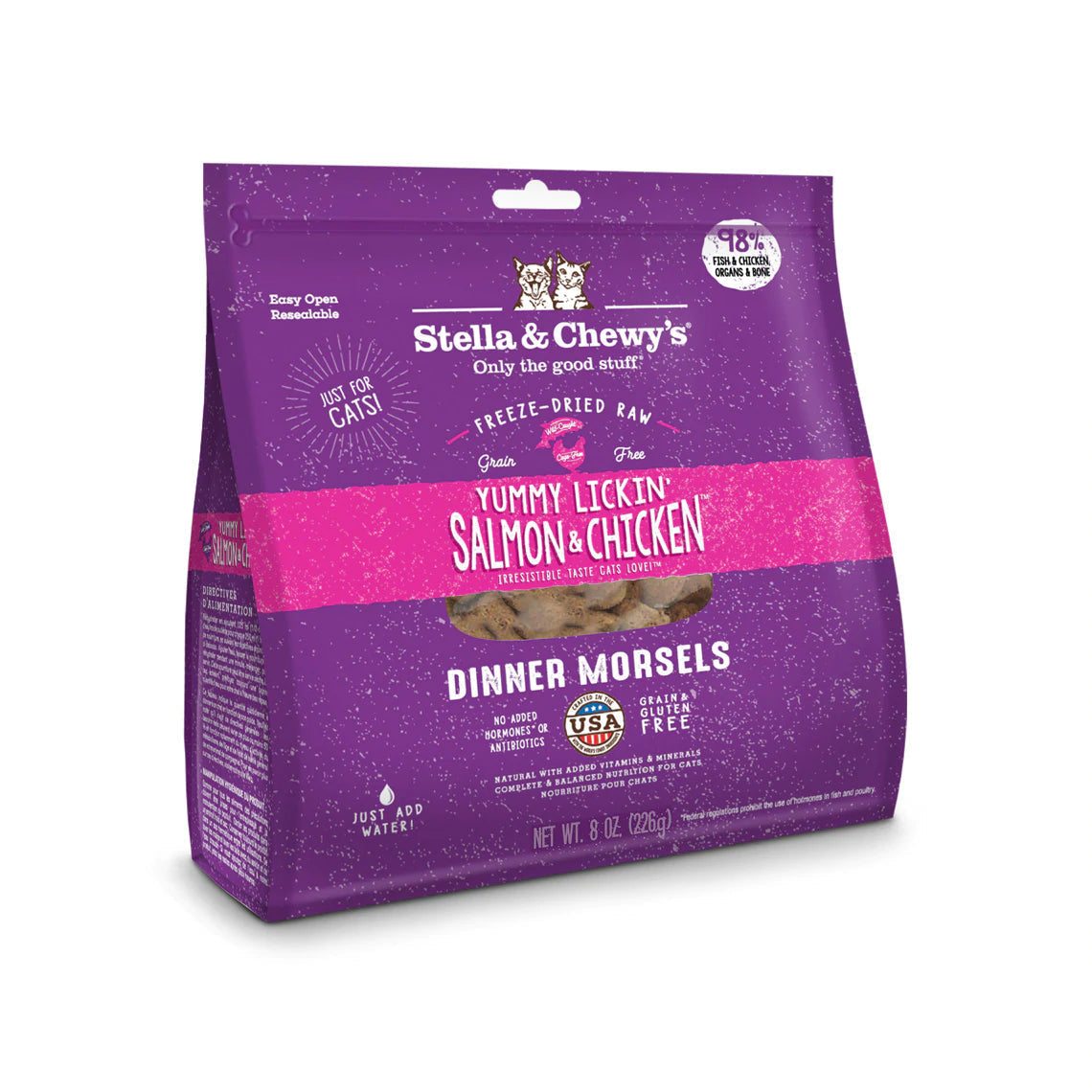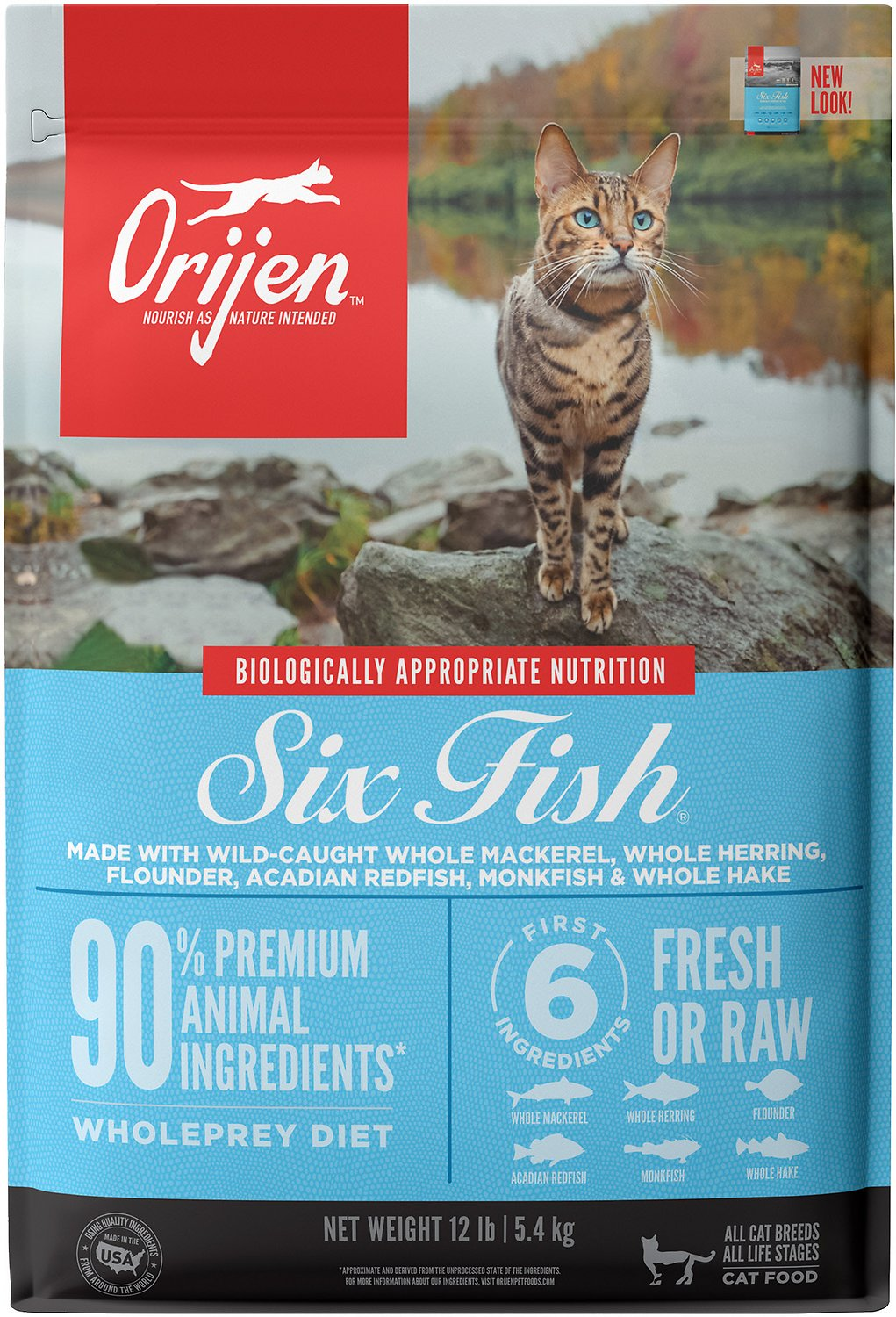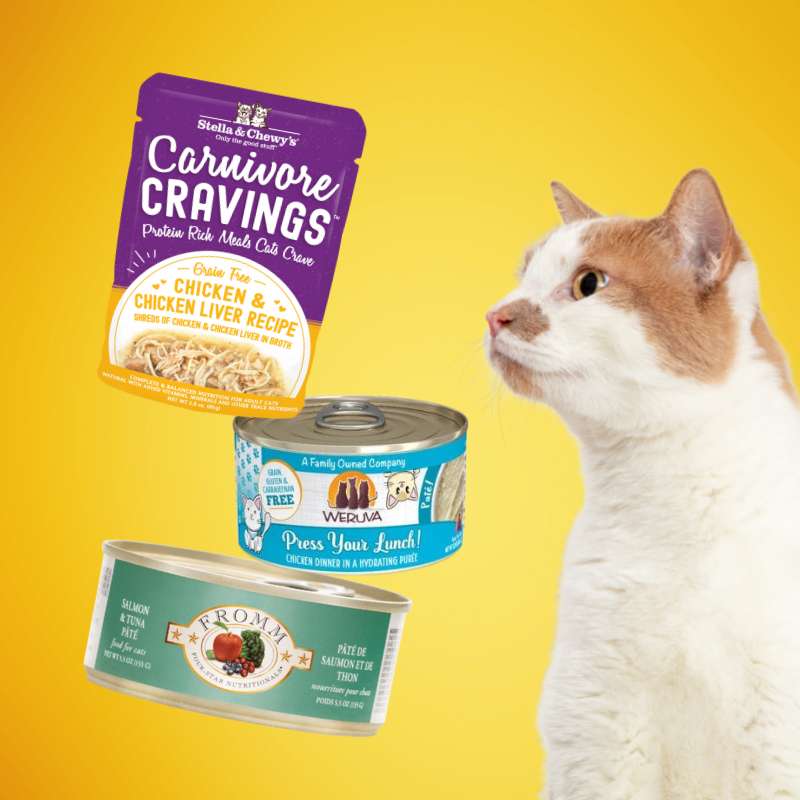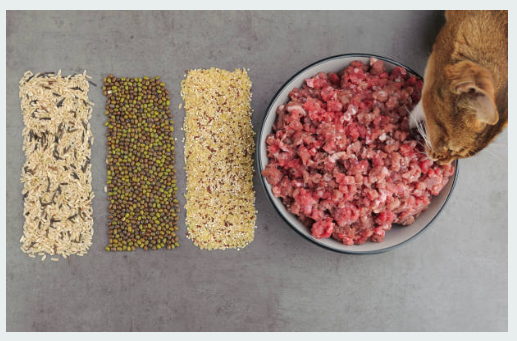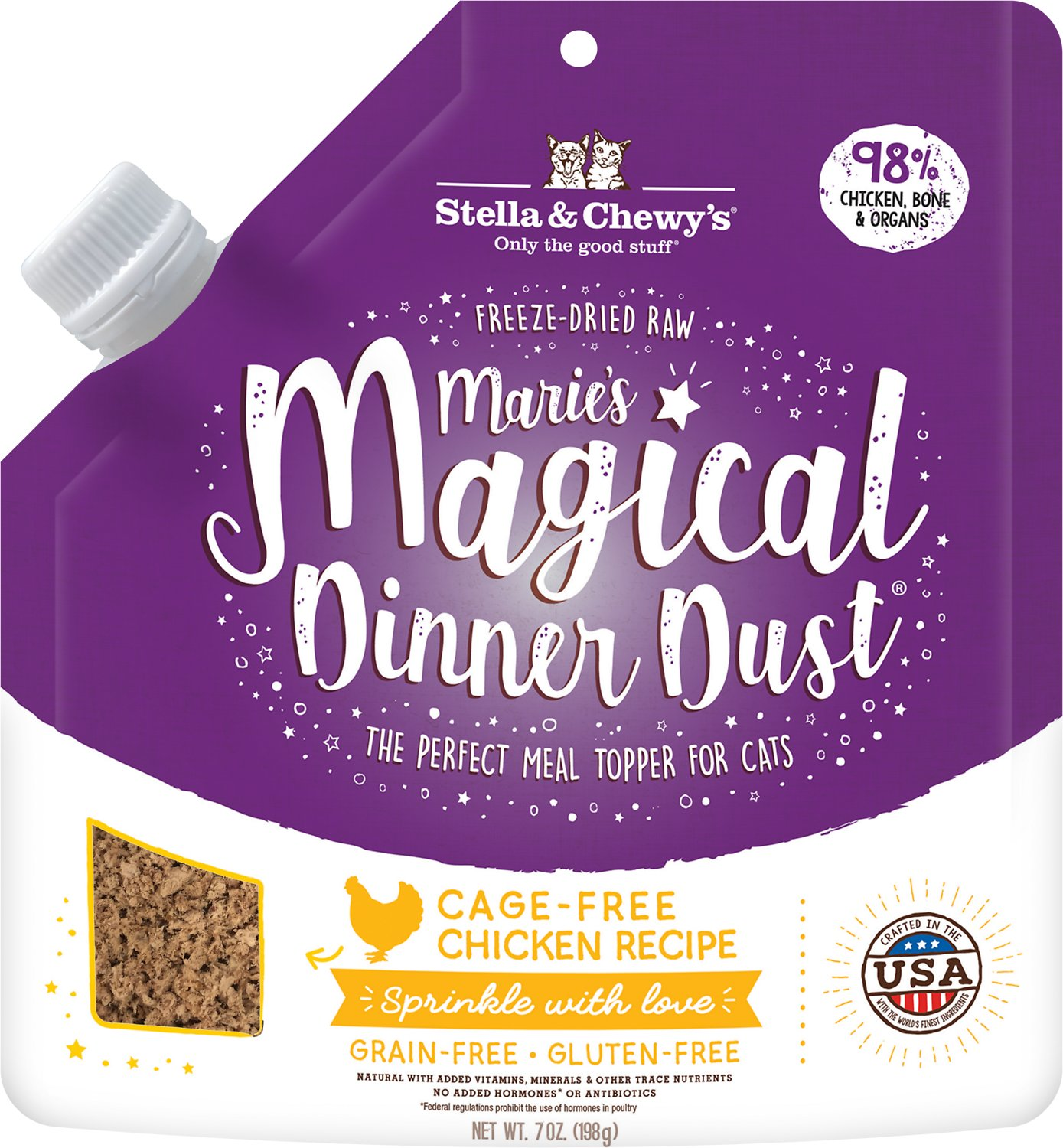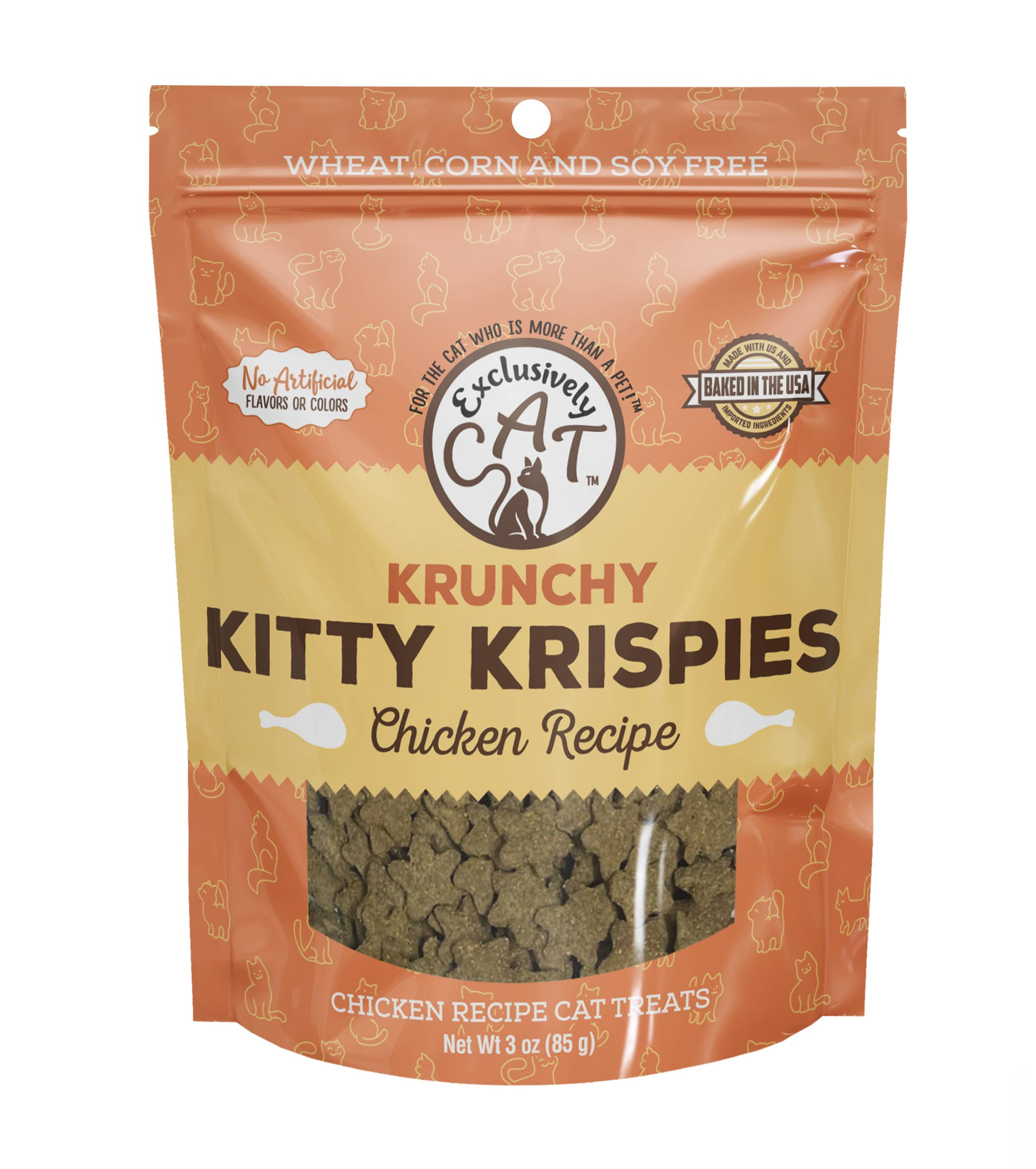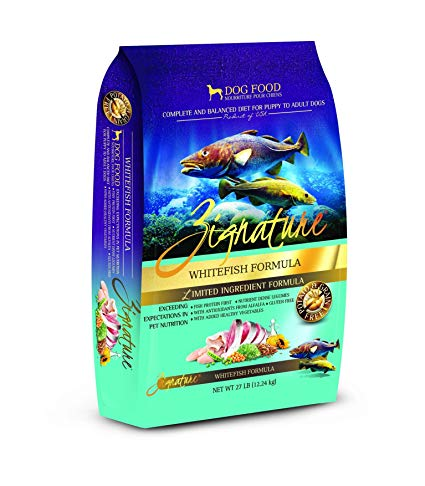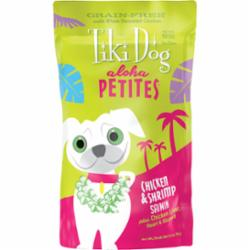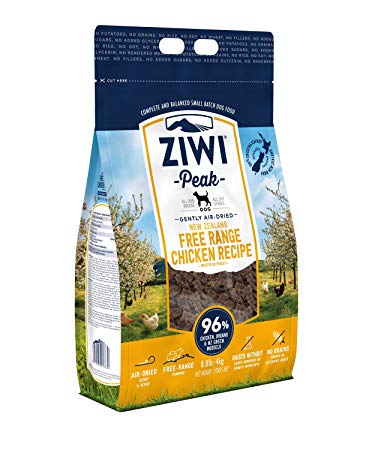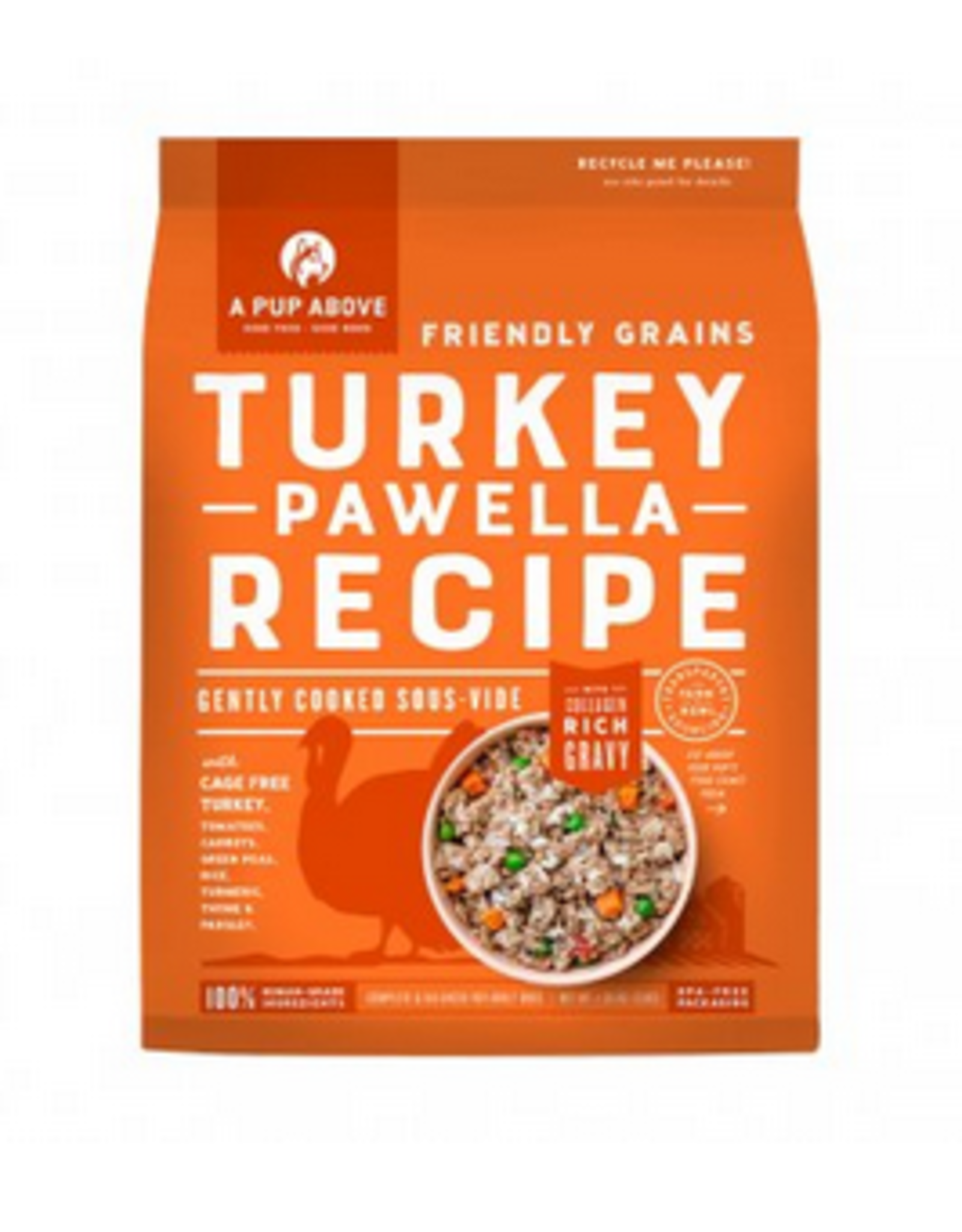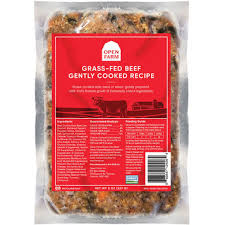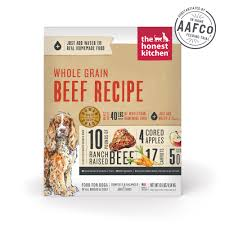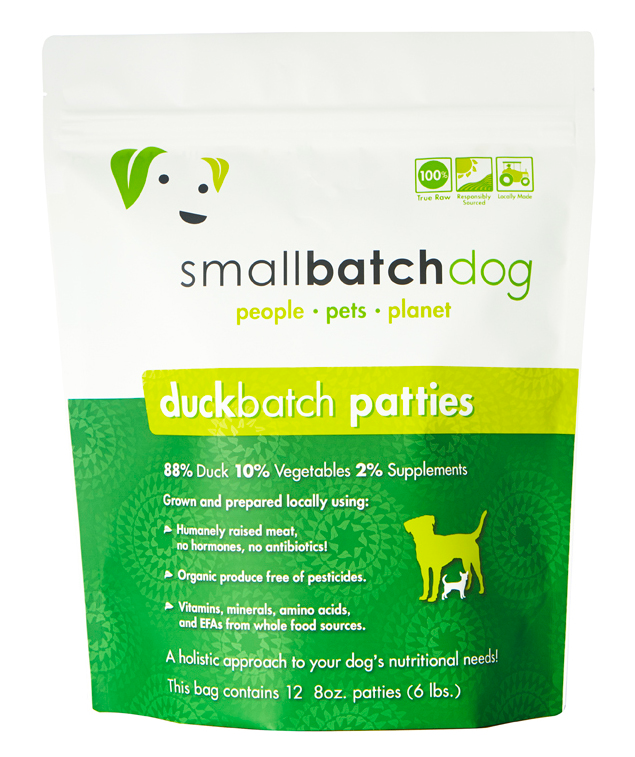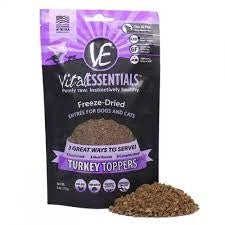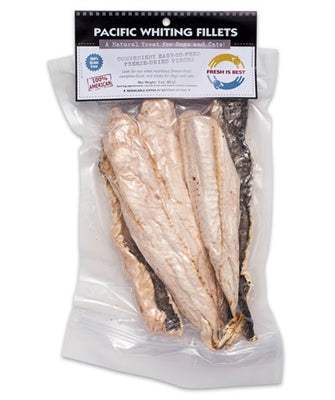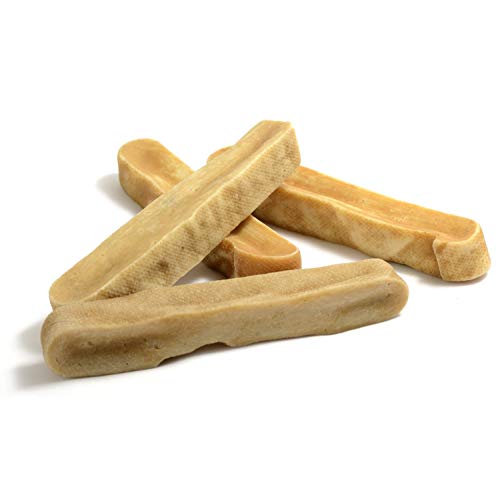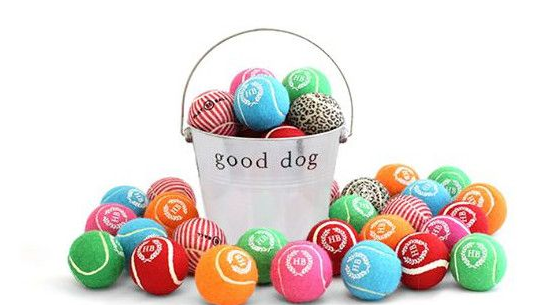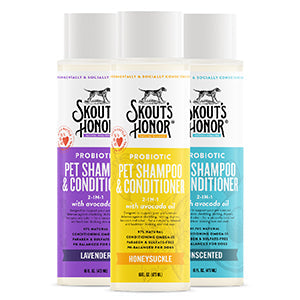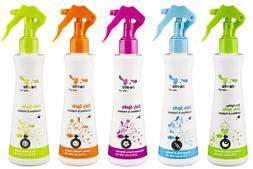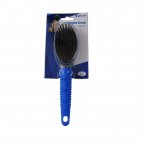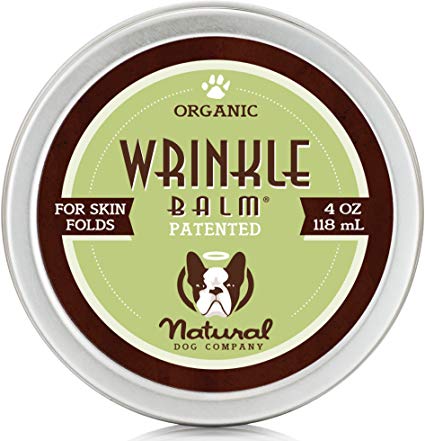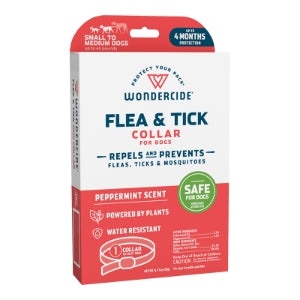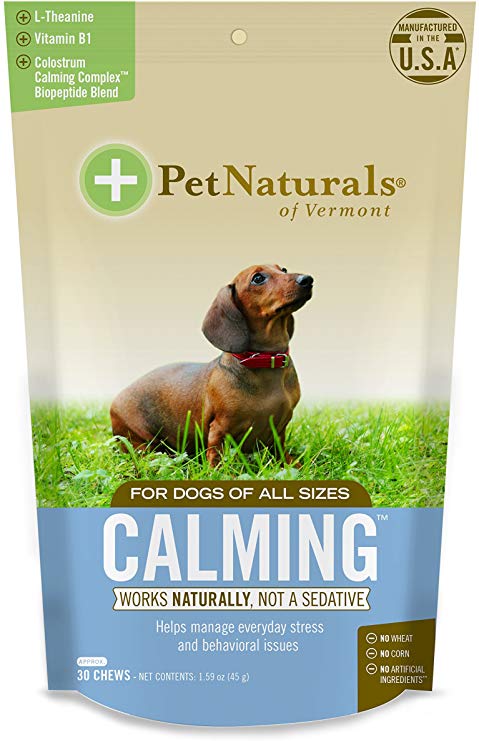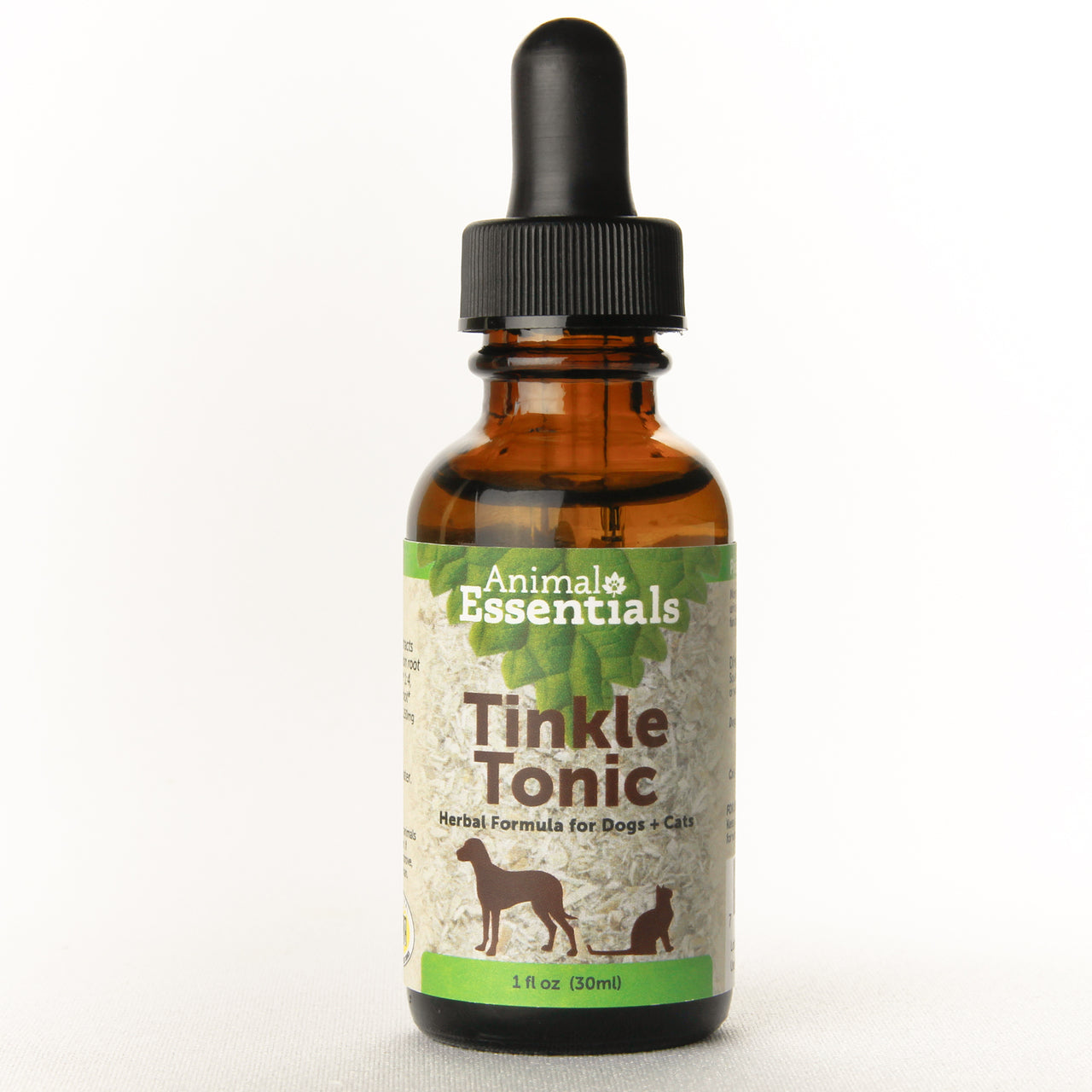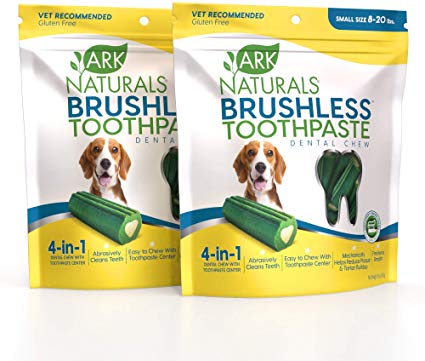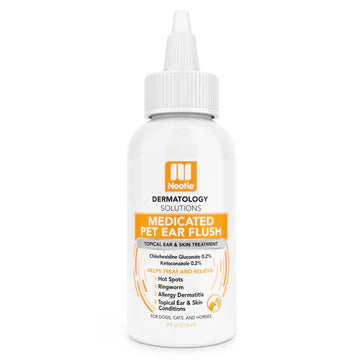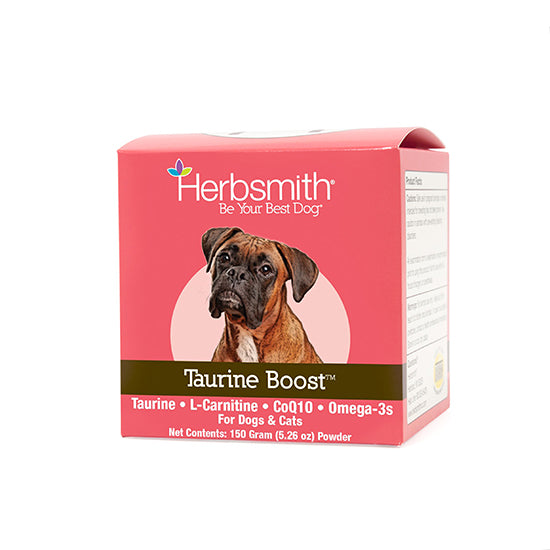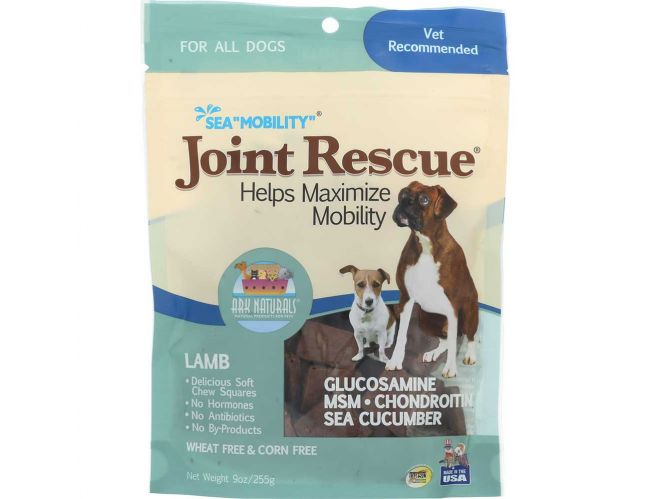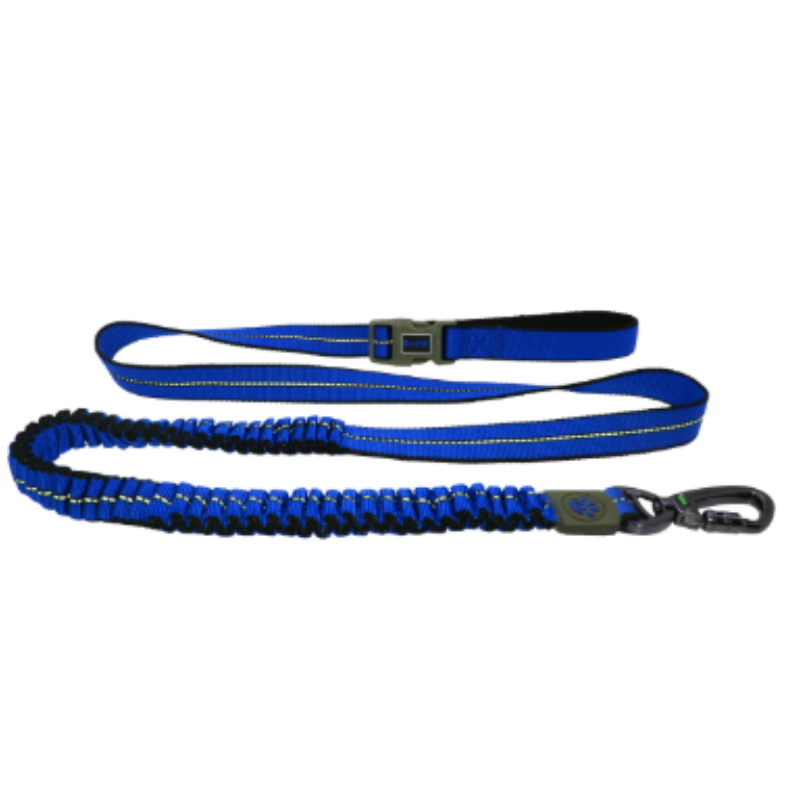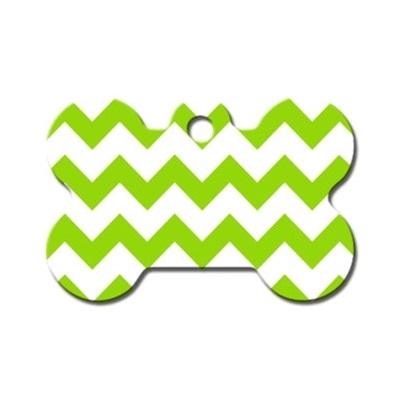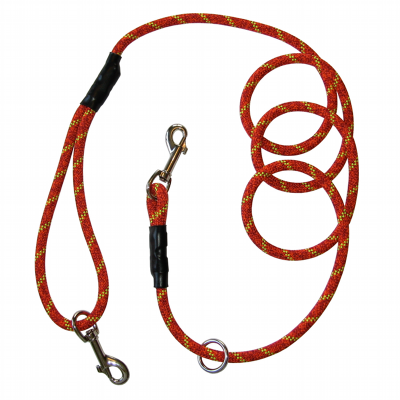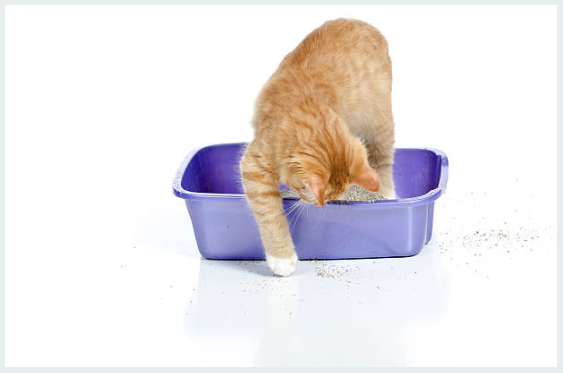Frequently Asked Questions
1. What are some safe spring foods for pets?
2. Can pets eat watermelon?
3. How should seasonal foods be introduced to pets?
4. Are there any toxic foods that pets should avoid?
5. What are some benefits of choosing seasonal foods for pets?
As pet owners, we all want to treat our furry friends to the best diet possible. Seasonal foods can provide a delightful and nutritious addition to your pet's meals. However, not all fruits and vegetables are safe for pets. In this guide, we'll explore which seasonal foods are safe for your pets, how to introduce them properly, and some mouth-watering ideas for incorporating these seasonal delights into their diet.
Understanding Pet-Friendly Seasonal Foods
Before we dive into the specific fruits and vegetables, it’s crucial to understand the basics. Seasonal foods provide an abundance of nutrients and vitamins that can enhance your pet's health. Moreover, they can be more flavorful, enjoyable, and economical since they are in their peak harvesting periods.
However, not all fruits and vegetables that are safe for humans are safe for pets. Some can be toxic to our furry friends, causing gastrointestinal issues or even more severe health problems. Therefore, always ensure that the foods you offer your pets are safe and suitable for their specific dietary needs.
Spring Delights: Fresh Picks For Your Pets
Green Beans
Green beans are not only low in calories but packed with vitamins. They can be served raw, steamed, or boiled without any seasoning. Green beans are perfect for dogs, aiding in weight management while providing essential fibers.
Carrots
Crunchy carrots are another spring staple that is safe for pets! They make great snacks and can be offered in sticks, slices, or even as a fun chew toy. Rich in vitamins and minerals, carrots also contribute to dental health by helping to scrape plaque off your pet’s teeth.
Peas
Sweet peas are loaded with vitamins A, B, and K, making them a delightful addition to your pet's bowl. You can incorporate fresh or frozen peas in your pet's meal. However, ensure they are cooked lightly to avoid any digestive discomfort.
Summer Treats: Beat the Heat with These Fruits
Watermelon
Watermelon is a hydrating treat perfect for hot summer days. Ensure to remove the seeds and rind before offering it to your pet. This refreshing fruit is low in calories and high in vitamins A, B6, and C, making it an excellent snack for dogs and even some small animals.
Strawberries are bursting with flavor and antioxidants. Wash them well and cut them into small pieces for your dog's enjoyment. Additionally, strawberries contain an enzyme that can help whiten your dog's teeth, making them a dual-purpose snack!
Blueberries are tiny powerhouses of nutrition. They are rich in antioxidants and provide a sweet treat that most pets love. Blueberries can be served fresh or frozen, providing your pet with a cool snack during hot summer days.
Fall Favorites: Nutrient-Rich Vegetables
Brussels Sprouts
Brussels sprouts are packed with vitamins and can be a healthy addition to your pet’s diet. However, introduce them slowly to prevent any gas. Cook them lightly, throw them into your pet’s meals, and watch them devour these tiny cabbages!
Pumpkin
Pumpkin is one of the best fall foods for pets! It’s excellent for their digestive health and can even alleviate constipation or diarrhea when integrated into their diet. Look for plain canned pumpkin (not the spiced pie filling), or cook fresh pumpkin and add it as a tasty topper to their meals.
Squash
Squash, including varieties like zucchini and butternut, are safe for pets and provide fiber for healthy digestion. Cook them without seasonings and chop them into bite-sized pieces for an easy addition to your pet's diet.
Winter Comforts: Safe Options for Chilly Days
Sweet Potatoes
This winter staple is not only safe for pets but also delicious. Sweet potatoes are rich in vitamins, fiber, and antioxidants. You can bake, boil, or steam them, ensuring they are served without butter or seasoning.
Cauliflower
Cauliflower is another versatile vegetable that pets can enjoy. It can be served raw or cooked, and while it’s a healthy snack, be cautious with portion sizes as it can cause gas when consumed in large amounts.
Turnips
Turnips can be a novel addition to your pet’s winter diet. They are safe in moderation, providing vitamins A, C, and K. Cook them to make the nutrients more digestible and serve them alongside their regular meals.
A Few Tips for Sharing Seasonal Foods with Your Pets
- Moderation is Key: Even the safest fruits and vegetables should be introduced gradually into your pet's diet. Start with small portions to gauge their reaction.
- Avoid Seasonings: Pets do not need additional flavor enhancers; avoid butter, salt, and spices.
- Always Wash Produce: Clean all fruits and vegetables thoroughly to remove pesticides or contaminants before feeding them to your pets.
- Cut into Small Pieces: Make sure the produce is cut into manageable sizes to prevent choking.
Animal-Specific Considerations
Every pet is unique, and dietary needs can vary based on breed, age, and health conditions. Always consult with your veterinarian before introducing new fruits and vegetables into your pet's diet. For example, while dogs can enjoy a variety of seasonal foods, some fruits like grapes and raisins are toxic to dogs. Similarly, some vegetables, such as onions and garlic, should always be avoided.
Safe Fruits and Vegetables for Dogs
As previously mentioned, dogs can enjoy a wide range of fruits and vegetables; however, here are some additional safe options:
- Spinach
- Broccoli
- Raspberries
Safe Fruits and Vegetables for Cats
Cats are generally more selective eaters. They can safely enjoy:
- Cooked carrots
- Peas
- Blueberries
Transforming Pet Meals with Seasonal Goodness
Incorporating seasonal fruits and vegetables into your pet's diet can be simple and enjoyable. Here are some ideas:
- Homemade Treats: Blend safe fruits and veggies into homemade dog treats. Use oat flour or whole wheat to create a delicious snack.
- Mix-in for Meals: Add small amounts of safe fruits or vegetables as a topper to dry kibble or wet food for variety.
- DIY Purees: Make purees using seasonal produce to serve alongside their main meals. This can also be great for pets with dental issues.
More Reasons to Choose Seasonal Foods for Your Pets
Opting for seasonal foods has multiple benefits beyond just being safe for pets. These include:
- Better Flavor: Seasonal produce is fresher and often more flavorful, making meal times more enjoyable for your pets.
- Nutritional Value: Fresh seasonal ingredients typically provide better nutritional value since they are harvested at their ripest.
- Support Local Farmers: Purchasing seasonal produce can support local farmers and sustainable agriculture, ultimately benefiting your community.
A Tasty Path to Pet Wellness
Sharing seasonal fruits and vegetables with your pets not only enhances their meals but also boosts their overall health and happiness. By sticking to safe options and introducing these additions gradually, you can provide a delightful variety to their diets while keeping their health in check. Always remain observant and attentive to their reactions when trying new foods.
Fill your furry friend’s bowl with seasonal treasures while keeping a close eye on their individual needs. Ultimately, there’s nothing quite like seeing your pet indulge in tasty, wholesome treats that you can feel good about giving. Enjoy the growing seasons and the joy they bring to your pet's life!
Discover the creations of a fellow Shopify or Wix store owner. Check out their online store here. Please remember that this is a promotional link, and we are not liable for the content of the linked store.


